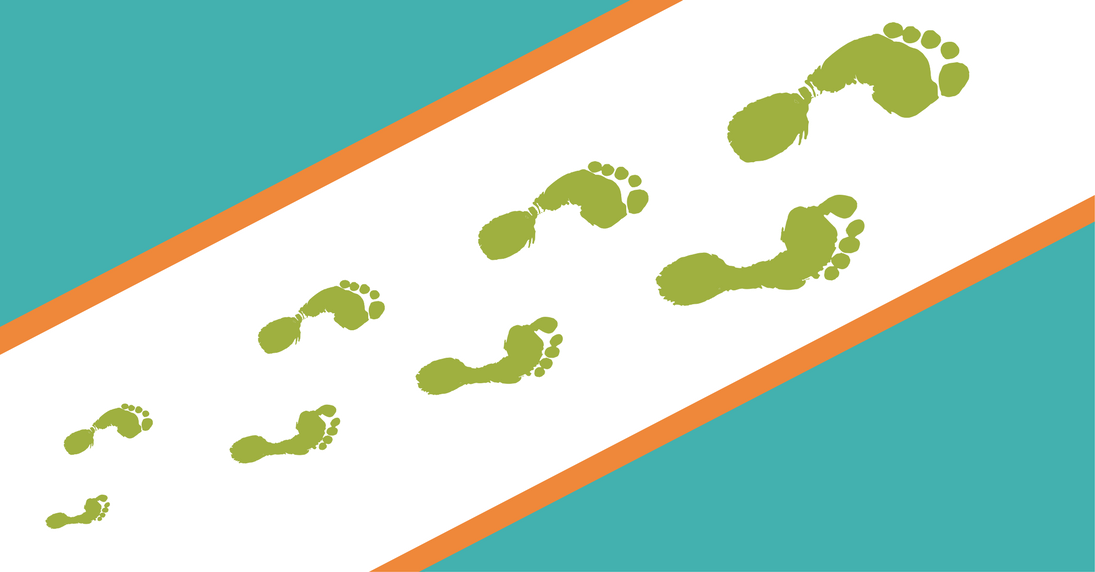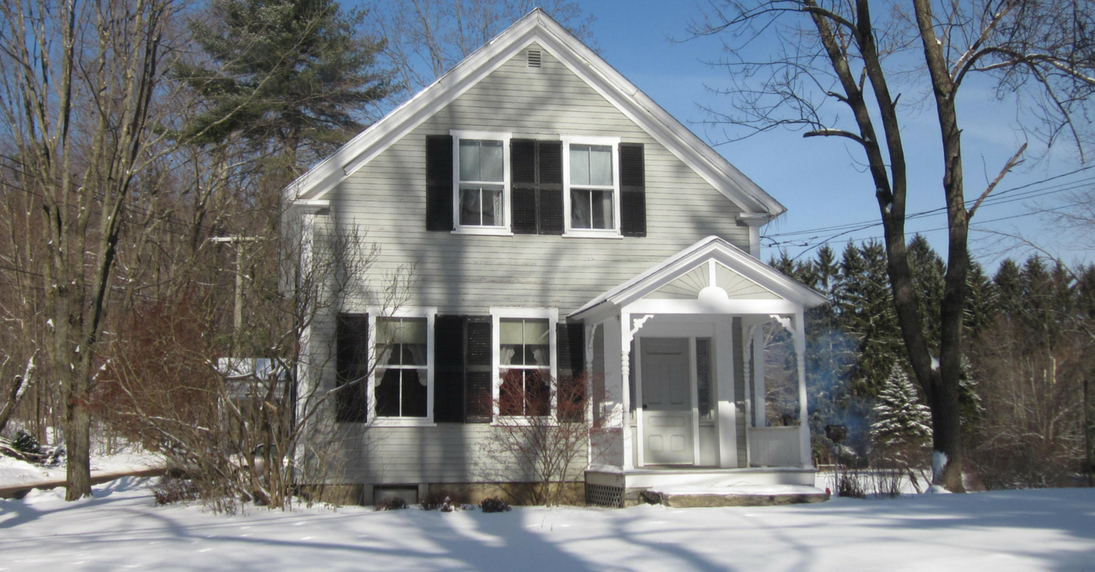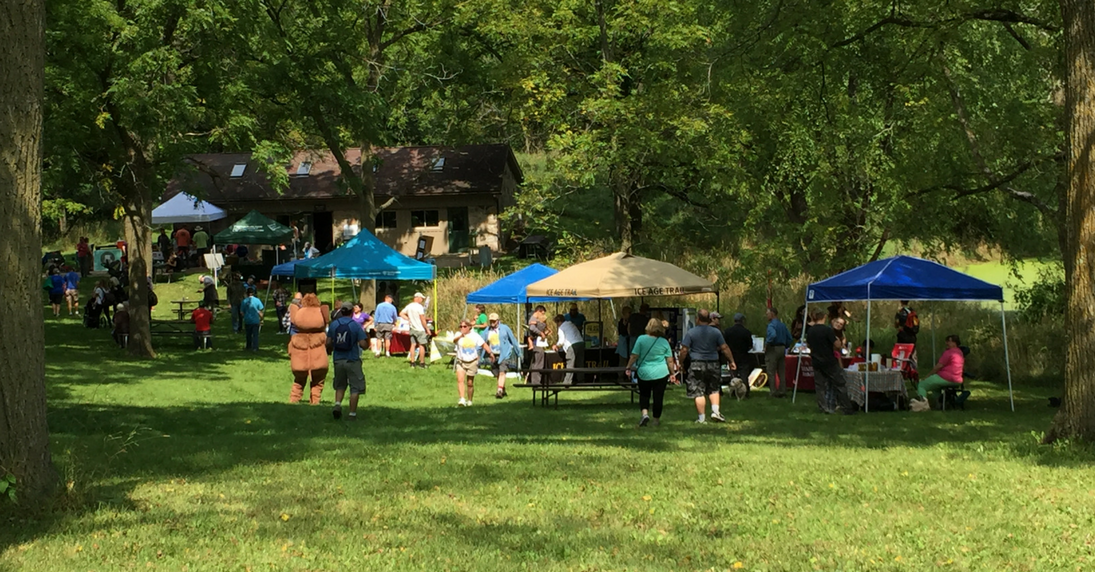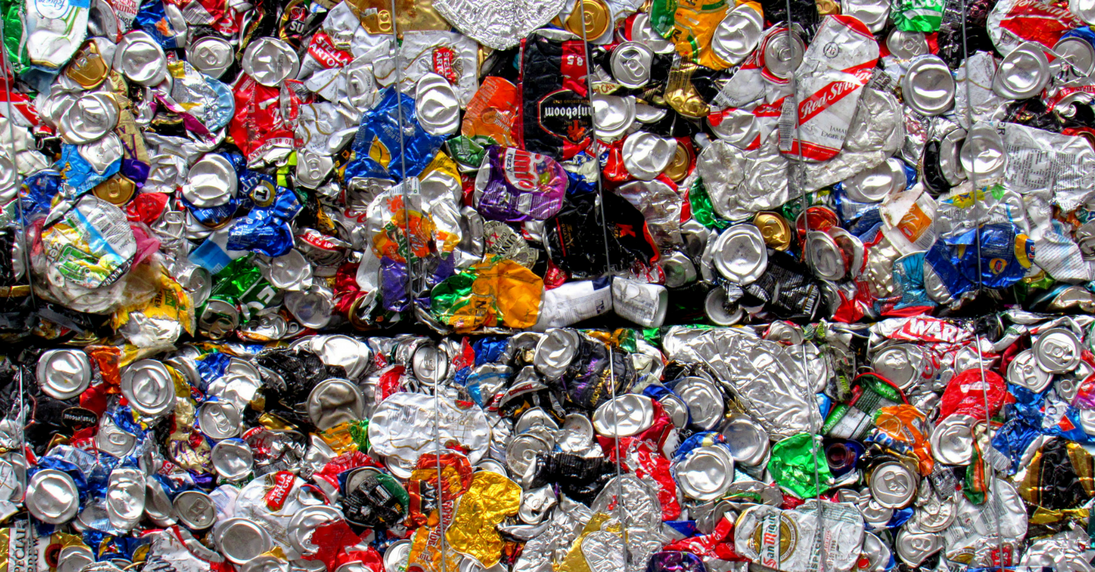Tag: sustainable living
Upcycling: Unique Ways to Eliminate Waste
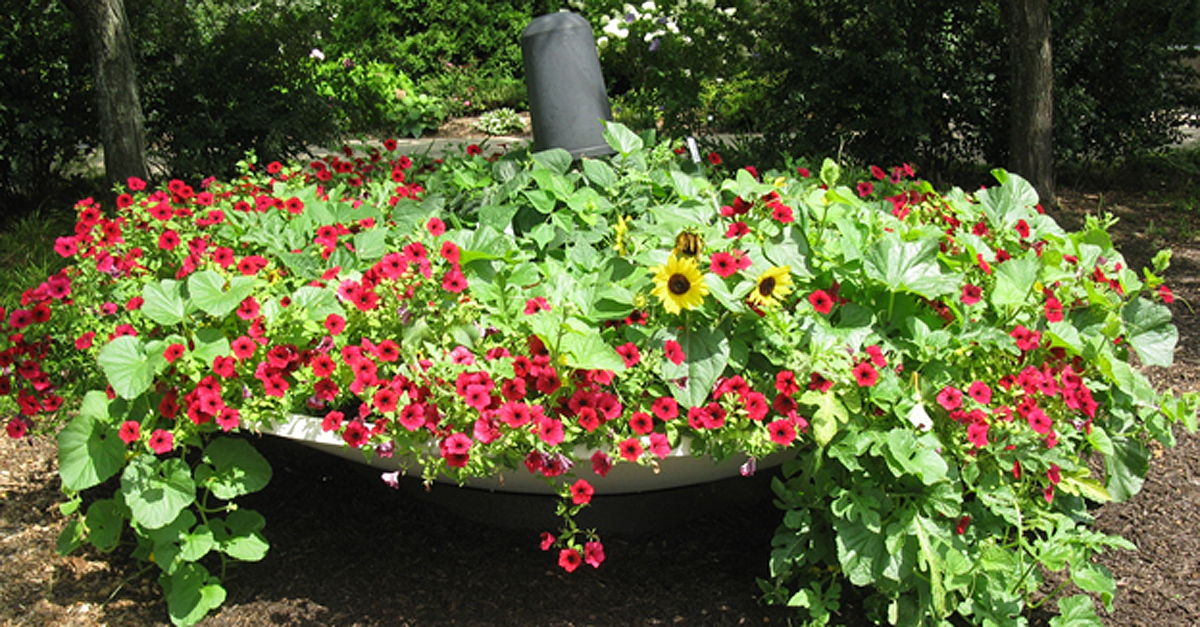
Are you looking for a few unique ways to upcycle otherwise old or unwanted items in an effort to eliminate waste in landfills? Check out this story by Cool Choices sustainability program alum Jeanne from the Kenosha County UW-Extension sent us this awesome story of how she and other Cool Choices program alum (who are also members of Sustainable Kenosha) found a creative way to eliminate waste in their community by upcycling an old satellite dish from the Kenosha County Center and transforming it into a beautiful garden display. We are always impressed and inspired by how our program participants feel Cool Choices impacts them and their decision to continue increasing their daily sustainable actions even after the program ends.
Sustainable Gift Ideas for the Holidays

The holiday season is the perfect time to remind the people you love that you care. Often, exchanging gifts shows your appreciation for someone’s place in your life. This holiday season, you can say even more with your gifts – you can use holiday gift giving as an opportunity to show your gratitude for the planet too. Shopping for sustainable gifts this holiday season can help ensure the products you buy are ethically and environmentally produced.
Here are some sustainable gift ideas and tips to keep in mind as you begin shopping this holiday season.
Beyond the Game: Start With Small Sustainable Actions
Past players of the Cool Choices game-based sustainability program continue to make sustainable choices in their everyday lives even after the program ends. We are always impressed to learn how participating in Cool Choices impacts individuals and their decisions to take further sustainable actions. This month we were inspired by Sarah’s story!
Beyond the Game: Energy Efficiency Tips for the Winter
Past players of the Cool Choices game-based sustainability program continue to make green choices in their everyday lives even after the program ends. We are always impressed to learn how participating in Cool Choices impacts individuals and their decisions to take further sustainable actions. This month we were inspired by Scott’s story!
It’s Time for a Sustainability – HR Coalition
Employee engagement is a hot topic in HR circles. Experts estimate that up to 70% of US workers are not engaged at work and, further, that this disengagement costs companies about $500 billion annually. Disengaged employees are more likely to provide poor customer service, they are more prone to accidents, more likely to take sick days and they are less productive. So it’s no wonder that human resource teams are concerned about measuring and increasing engagement. At the same time, some sustainability leaders inside companies are struggling too. Facing aggressive year-after-year goals, these folks are wondering where they will get the next round of savings. Sustainability leads need fresh ideas and, ultimately, all hands on deck to generate savings.
It’s time for some creative cross-functional collaboration. A coalition, if you will.
Conversations Around Sustainability: The “Yes, And” Approach
I spent Saturday at the Green Alliance Sustainability Fair in Waukesha County, Wisconsin. Cool Choices had an exhibit and we did a workshop; we were talking about the free county-wide Cool Choices program we are launching in the Waukesha County later this fall.
The fair occurred in a clearing at a state park, which meant we were talking about environmental sustainability just a few yards from hiking trails on a crisp and sunny Wisconsin day. Perhaps as a result, I did not encounter anyone at this event who opposed protecting Wisconsin’s amazing natural resources for future generations. Opinions did vary, though, on what needed to happen and how.
Beyond the Game: Increasing Recycling at Work & Home
Cool Choices alumni are always inspiring us with how they continue to take sustainable actions after participating in our online sustainability program. This month we were impressed by the awesome recycling practices Tara started at work and at home.
Identifying and Measuring Sustainability Impacts for Cities

Hundreds of cities, counties, and even states made (or renewed) a public commitment to reducing greenhouse gas emissions. Some local governments made this commitment in response to President Trump’s decision to withdraw from the Paris Climate Agreement. Others re-affirmed an existing commitment. For more than a decade, cities – both large and small – have recognized the economic advantages associated with sustainability, and have set aggressive goals. At the same time, sustainability advocates have long argued that cities – with zoning authority and direct accountability to a local population – are best poised to lead on sustainability. From recycling policies, to planning decisions that make it easier to bike to work, cities are where change is happening.
Beyond the Game: Growing Pollinator-Friendly, Native Plants

Past participants of our Cool Choices sustainability programs for businesses, organizations and communities, continue to make green choices in their everyday lives – even after the program ends. We are always impressed to learn how participating in Cool Choices impacts individuals and their decisions to take further sustainable actions. This month we were inspired by Emily’s story. Plus, we give helpful tips on how to start your own garden using pollinating-friendly, native plants.
Are Fireworks Bad for the Environment?

I’ve been encouraging people to reduce waste and minimize their greenhouse gas emissions for more than 25 years now, and some questions still make me wince:

